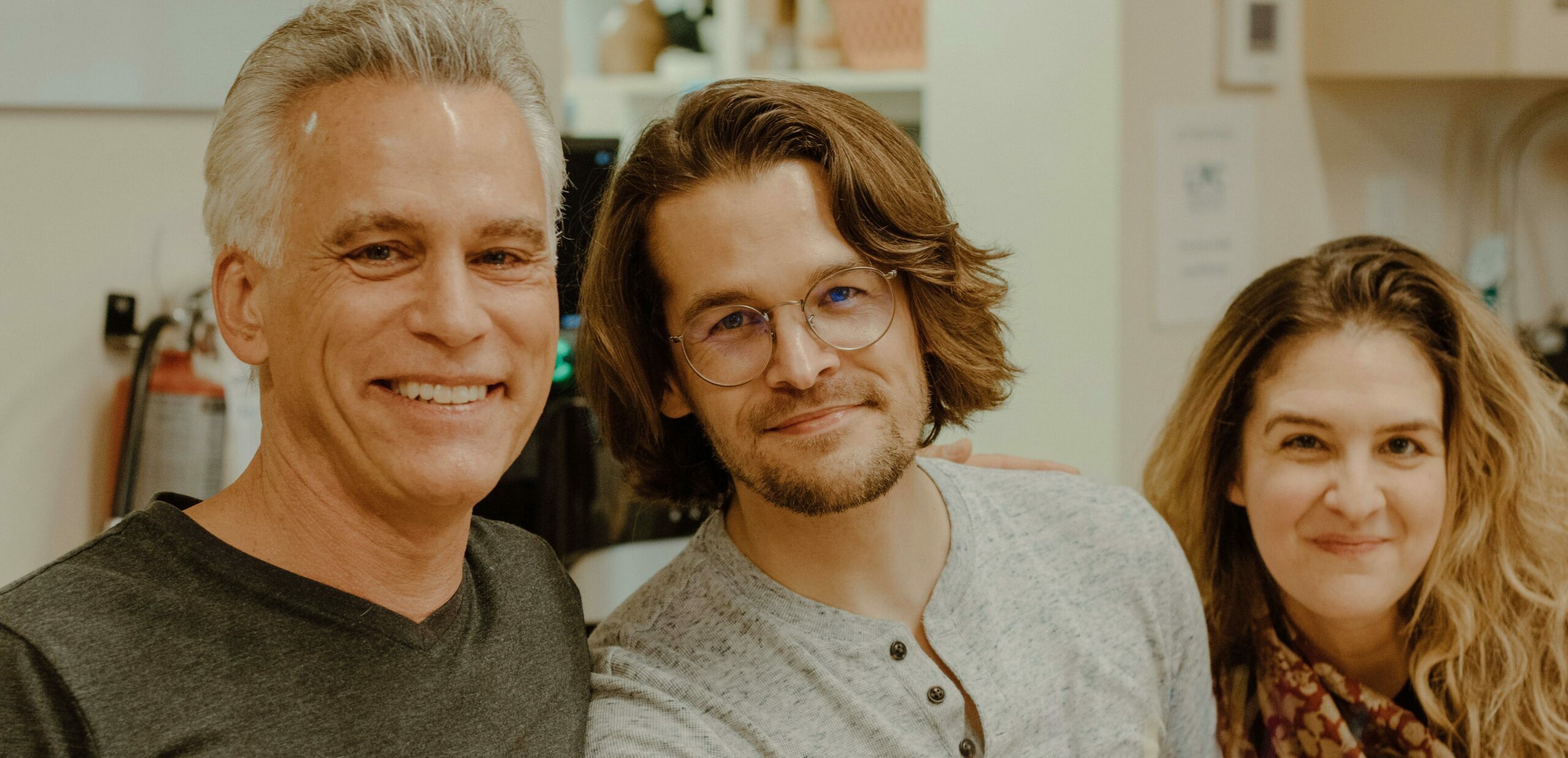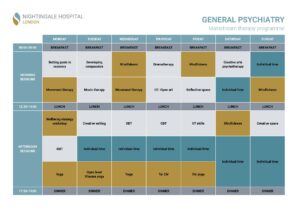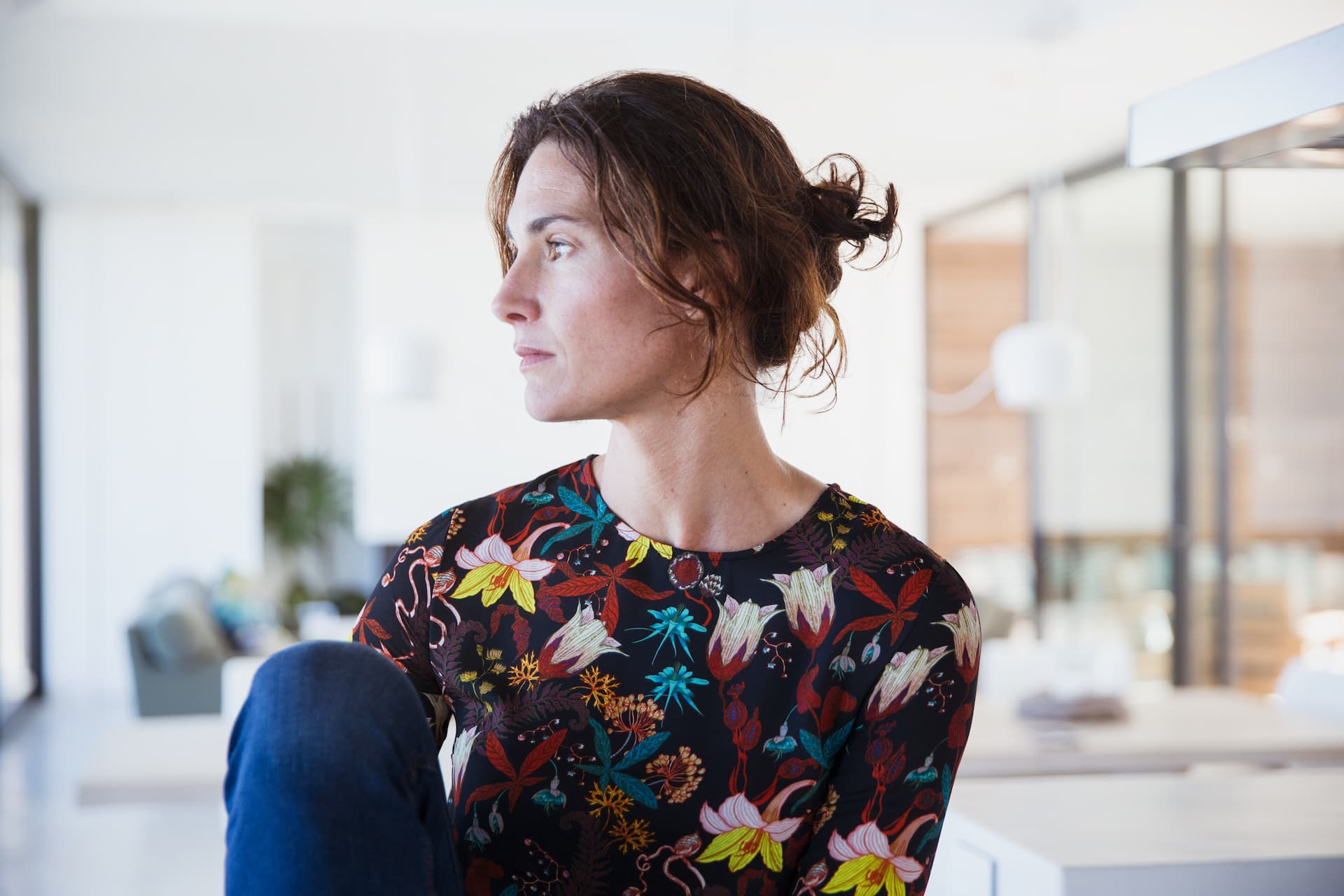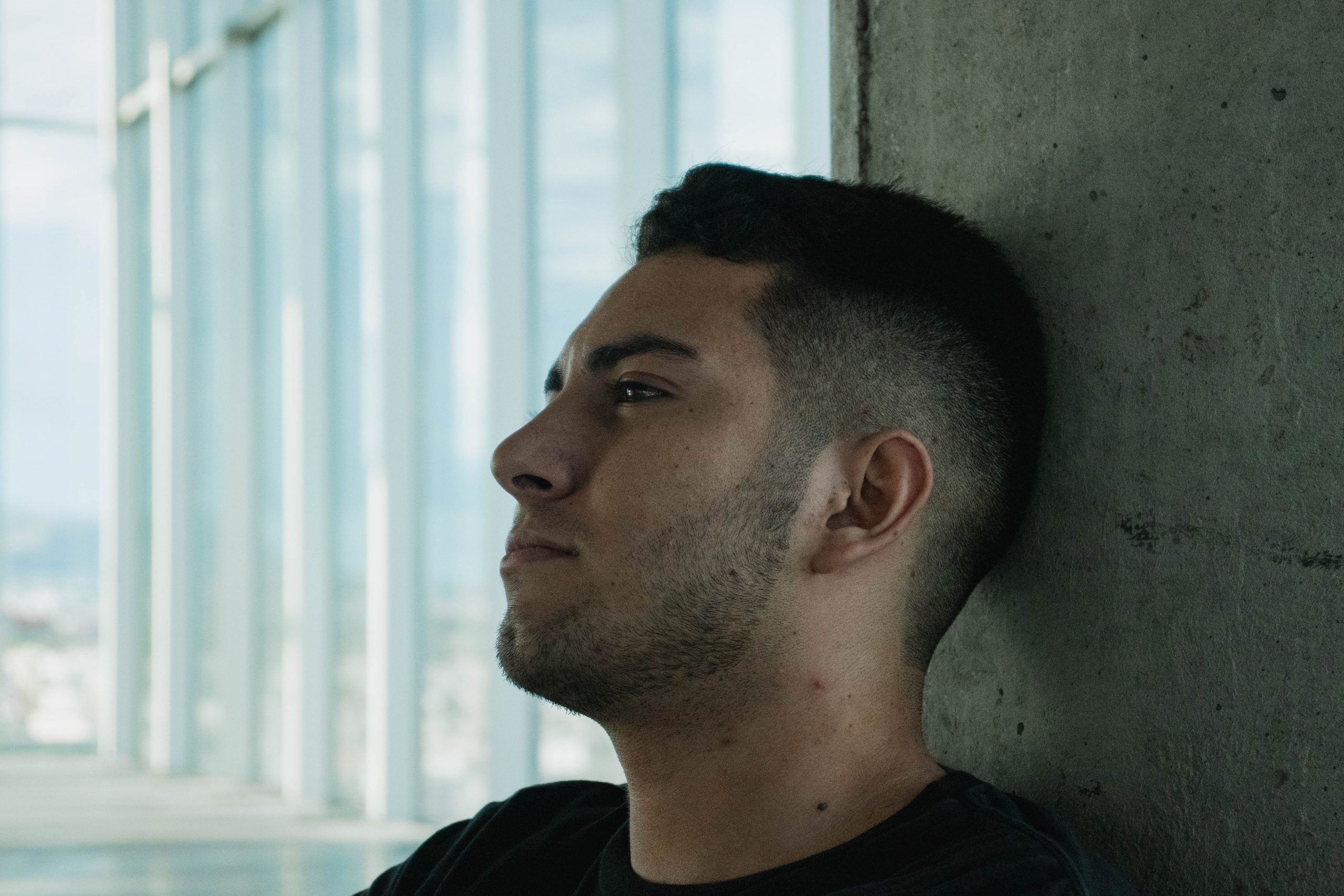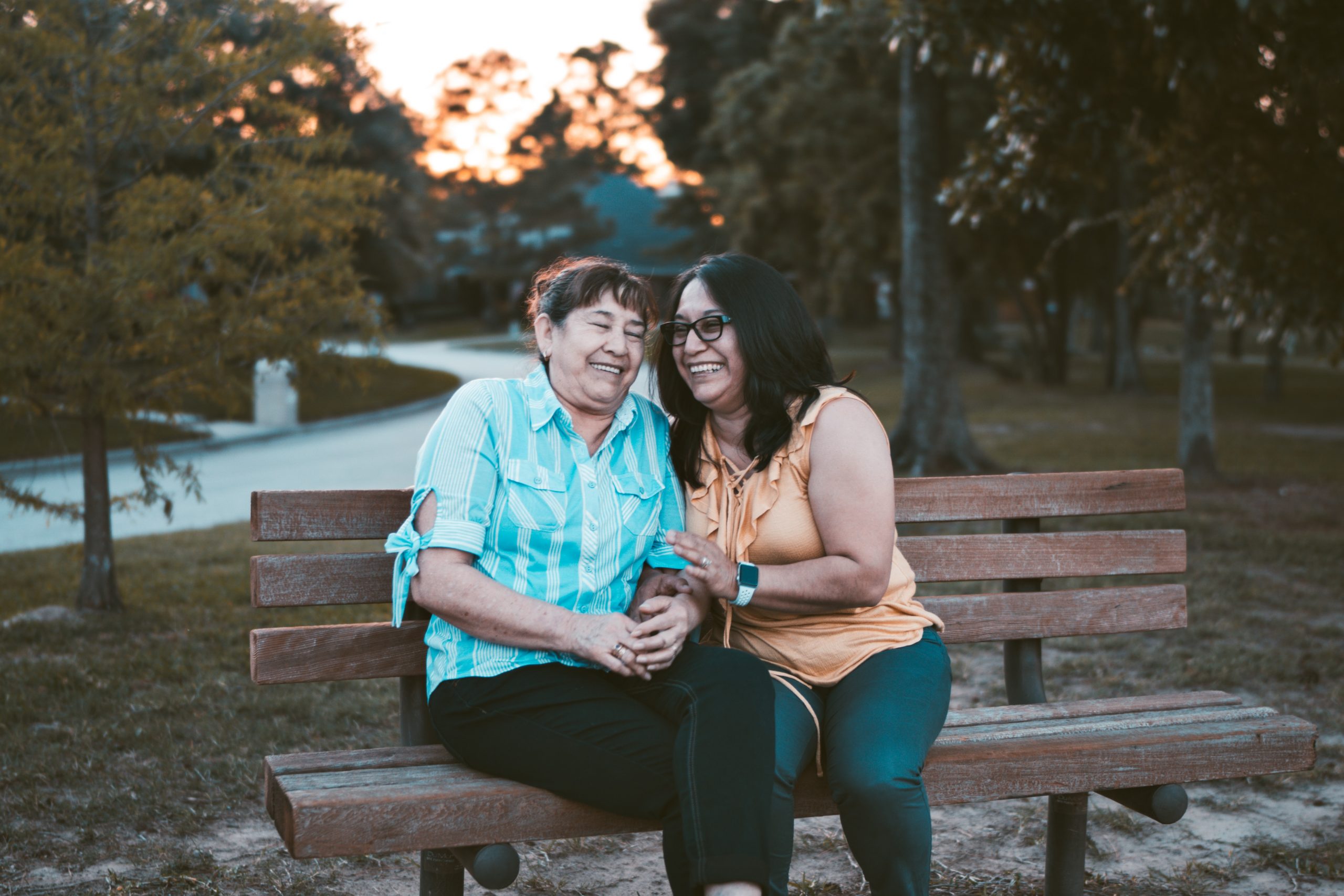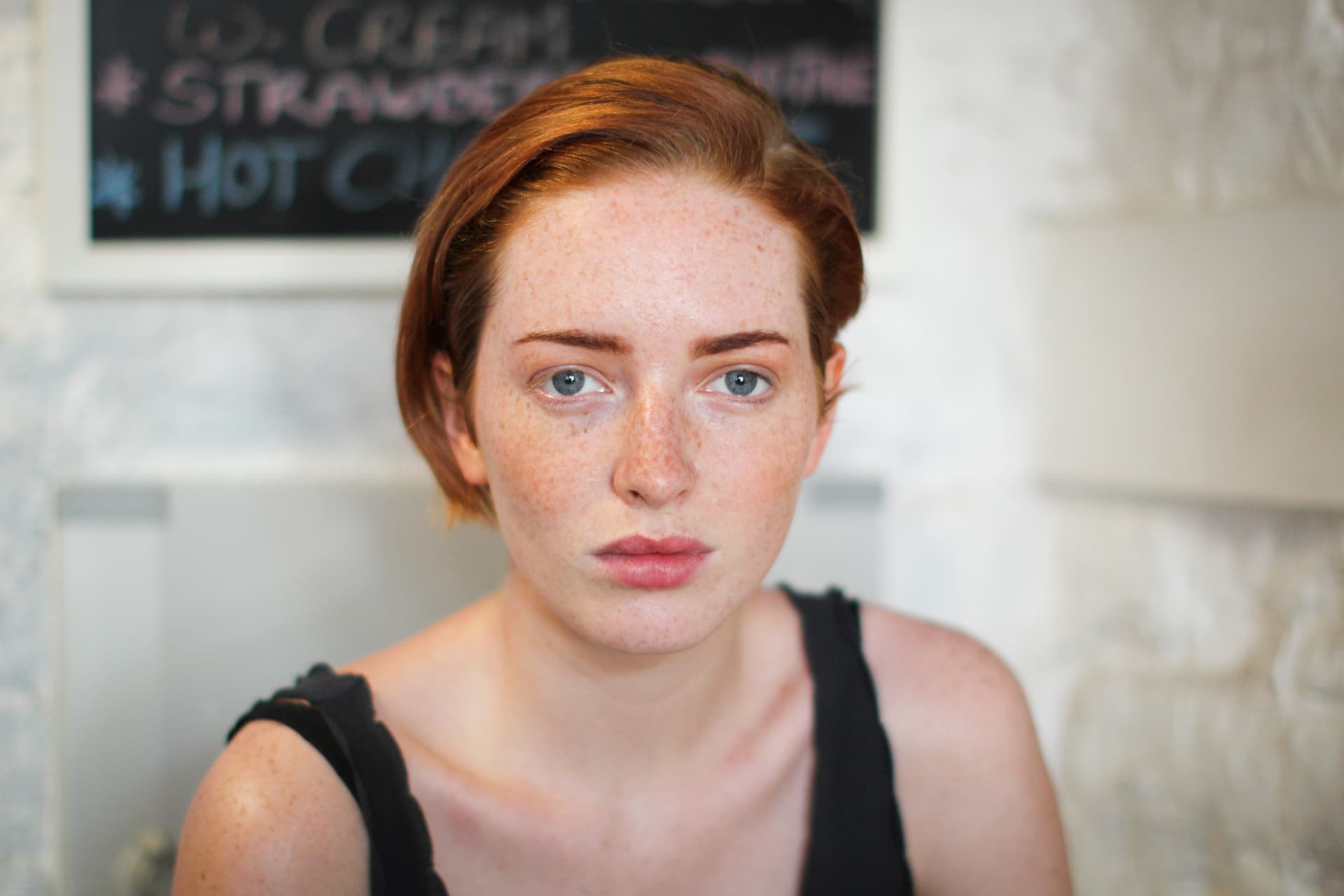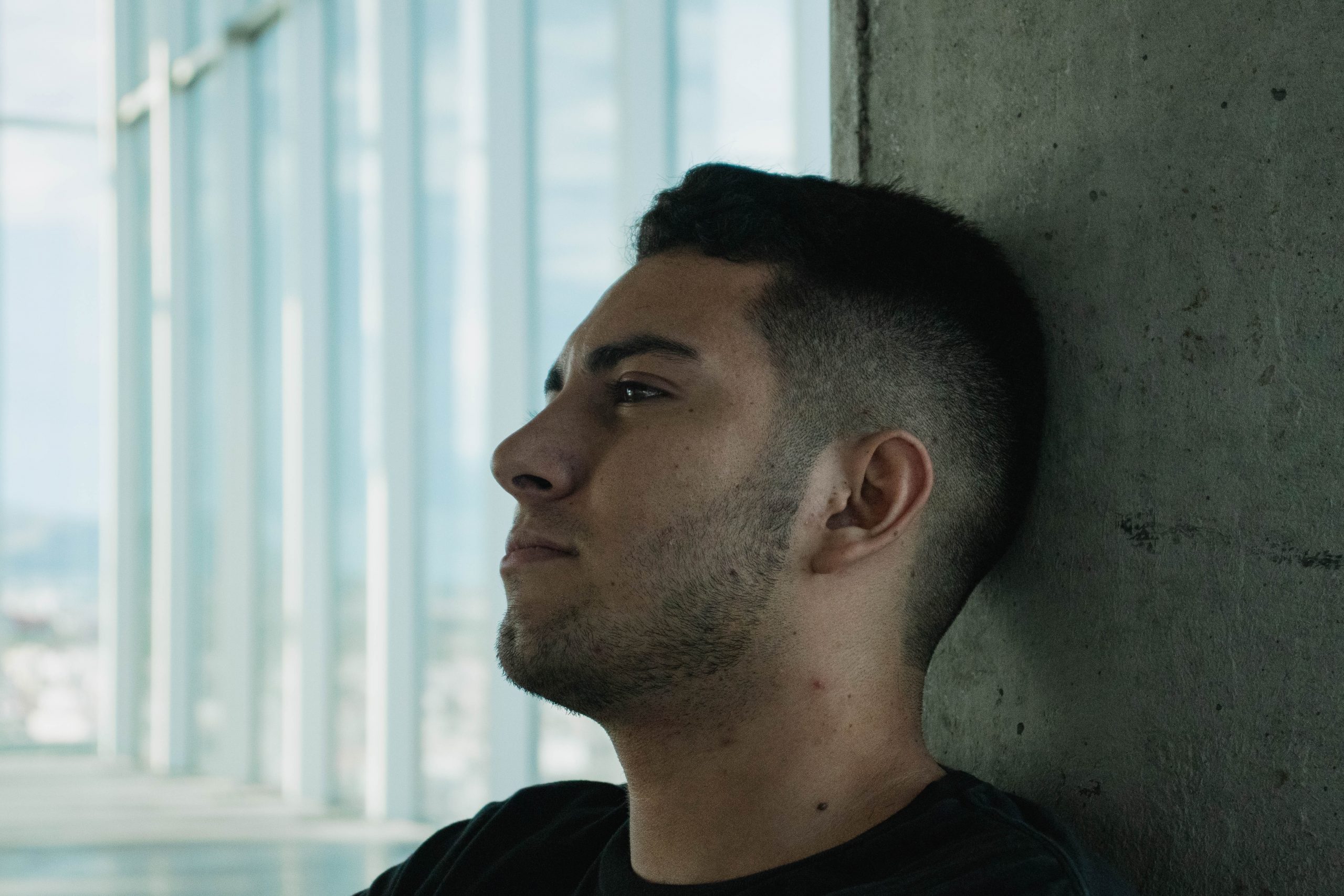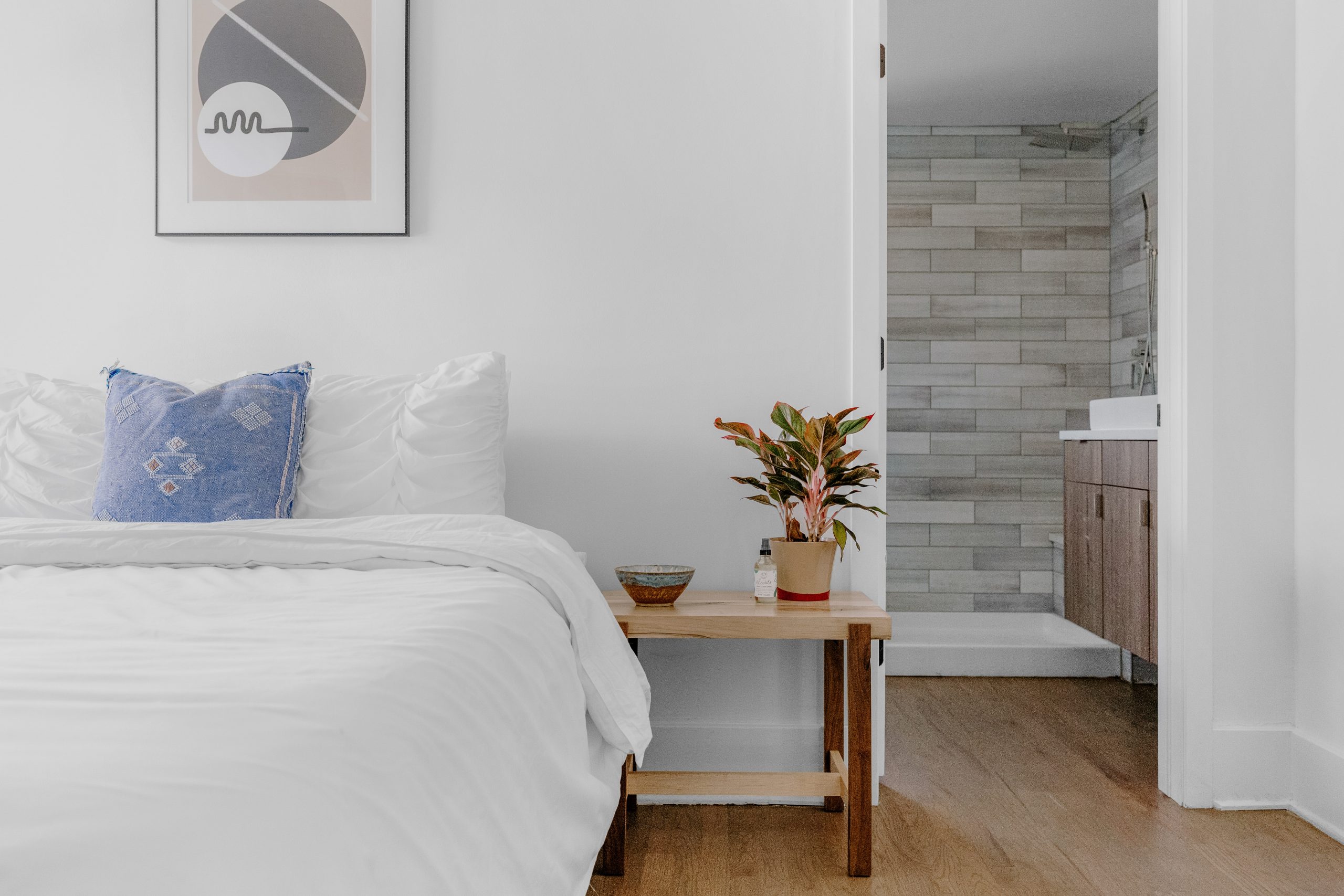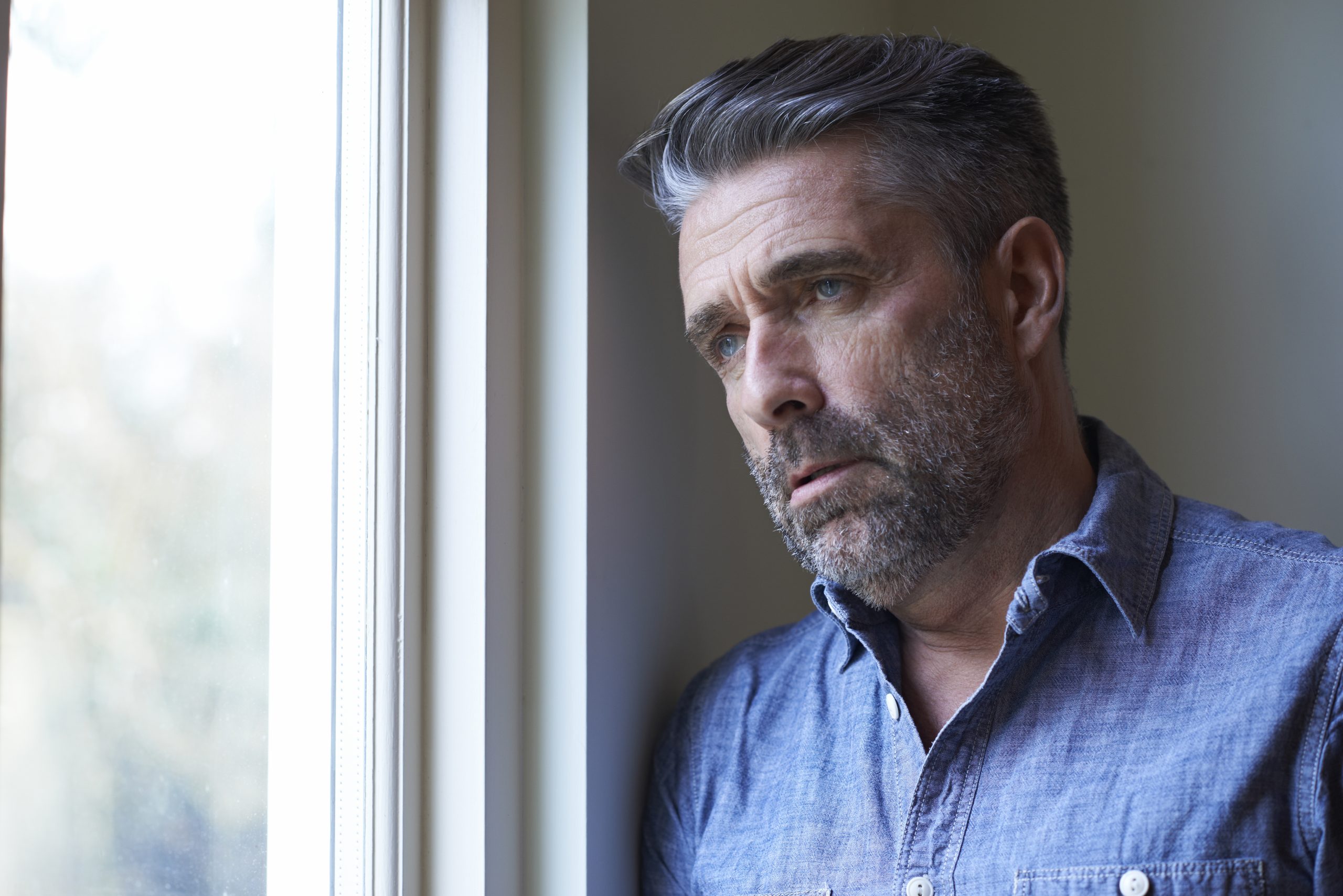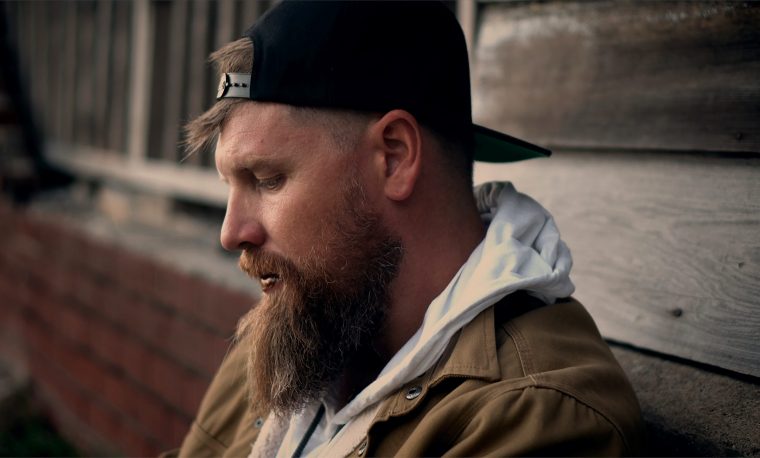What is the general psychiatry unit?
The general psychiatry unit is dedicated to providing comprehensive and compassionate care focused on the stabilisation needs of people experiencing acute psychiatric challenges. It is a safe and therapeutic environment where our team are able to support you as you recover and make the changes needed to improve your mental health.
We know how daunting it can be to ask for help, but we are here to make it as simple as possible.
What conditions does the general psychiatry unit treat?
The general psychiatry unit supports patients experiencing a range of different mental health conditions. The main conditions our patients experience include:
- Anxiety
- Attention deficit hyperactive disorder (ADHD)
- Bipolar disorder
- Depression
- Mood disorders
- Panic attacks
- Personality disorders
- Post-traumatic stress disorder (PTSD)
- Psychosis
- Schizophrenia
- Self-harm
- Sleep disorders
- Stress
- Suicidal thoughts
- Treatment-resistant depression
Who will be looking after me?
During your time on the general psychiatry unit, our multidisciplinary team of professionals will be supporting you. These include:
- Your consultant psychiatrist, who you will have a review with a minimum of twice per week
- Your key therapist who you will see once a week
- Mental health nurses and healthcare assistants who provide 24/7 care
- Ward doctors
- A range of therapists who facilitate the group therapy programme, including occupational therapists, art therapists, movement therapists and wellbeing practitioners
Example timetable
Group therapy is an integral part of treatment at Nightingale Hospital and the majority of your inpatient programme will be made up of group therapy sessions.
After being admitted to the ward, you will undertake a group therapy assessment to understand what type and intensity of group therapy will be most beneficial for you. The general psychiatry unit has two streams of therapy timetables: mainstream and low intensity. Therapy takes place 7 days a week with up to four groups per day. It is designed to provide you with psychoeducation, tools and strategies to manage your condition and a safe environment to share your experience.
Depending on what you are seeking treatment for, you will be exposed to a mix of therapy types. This usually includes a combination of cognitive behavioural therapy (CBT), interpersonal therapy (IPT) informed groups, Dialectical Behaviour Therapy informed groups, Compassion focused therapy groups, expressive therapies, skills workshops and wellness sessions.
The goal is for patients to attend all groups on offer in order to get maximum therapeutic benefit from their stay. Where needed, additional one-to-one therapy can also support the work done in the group programme.
In addition to our group therapy, our programmes include a wellbeing programme to support your recovery. This programme provides sessions on a variety of well-being themes including fitness and exercise, movement based activities, massage and yoga.
A typical day will start with breakfast from 8:00am before the first group starts around 10:00am. You will usually have three or four structured activity groups before finishing the day at approximately 5:00pm, depending on what you are seeking treatment for.
An example timetable of each therapy stream is shown below. This timetable is subject to change.
Core principles of the general psychiatry therapy programme
The general psychiatry therapy programme is underpinned by eight core principles.
- The aim of inpatient treatment is stabilisation: We offer a range of less intensive treatment options, including day therapy and outpatient treatment, which are prioritised where it is appropriate. However, sometimes inpatient treatment is necessary. The programme is designed to support patients in the stabilisation phase of their recovery journey, so our focus is usually the crisis that brings you in, rather than the underlying challenge which may require more extensive treatment over time. During your admission, we work with you to feel empowered to build resilience, develop coping skills, and work towards your goals for improved well-being and quality of life.
- Your needs, preferences and goals are at the centre: Our therapy programme recognises that your needs, preferences and goals will be different to other people. We work with you to tailor your treatment plan to your unique circumstances and needs.
- Mental health treatment should be holistic: Mental health treatment should address all aspects of wellbeing, including psychological, emotional, social and occupational wellbeing. The therapy programme has been designed with all these different aspects in mind.
- Therapy is based on clinical evidence: All our therapeutic approaches are grounded in evidence-based psychological therapies, ensuring that you receive treatment which has been proven as effective.
- You are understood, valued and respected: We want you to feel understood, valued and respected while receiving treatment with us. This is done through our team creating an environment of compassion, empathy, safety and support.
- Treatment is a collaboration: You have an active and important role to play in your treatment journey. After your treatment with us, you will be the one employing the skills and strategies you have learnt throughout therapy. We emphasise collaboration and active participation in this process, so you leave with a sense of empowerment and ownership over what you have learnt.
- We welcome and make accommodations for diversity: We welcome individuals from diverse backgrounds and experiences, both for our patients and within our therapy team. Our therapy programme aims to be inclusive and recognise the diversity of our patients, so sometimes this means making accommodations such as ensuring correct pronouns are used and implementing physical accommodations.
- Our aim is to continuously improve: We want to offer the best possible therapy and continuously improve the quality and effectiveness of our programmes. To do this, we stay abreast the latest research and best practices in therapy, continue learning through professional development and ask for feedback from our patients.
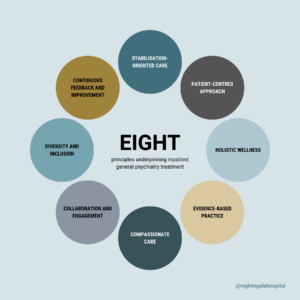
The hospital
Our hospital is located within a beautiful and historic English site, dating back to 1902.
We believe our discreet central London location is an ideal setting for you to feel confident to explore your mental health and emotional issues. The environment of our comfortable therapy and consulting rooms are designed to support a safe, caring, and confidential experience for group therapy, 1:1 therapy, or family therapy.
Click on the below gallery to view the hospital facilities. You can also view more information about the hospital amenities here.
Explore the hospital
Funding treatment
The cost of treatment varies according to the type of treatment and programme that you and your specialist decide is the best option for you. Outpatient appointments, day therapy, and inpatient treatments can be self-funded or paid for through private medical insurance.
Nightingale Hospital is accredited by all major private medical health insurers and works with many different medical insurance and medical assistance companies from all over the world.
In addition, the hospital accepts patients funded by embassies, corporate organisations, management companies, and other third parties.

Next steps
All inpatient treatment at Nightingale Hospital begins with an assessment with one of our consultant psychiatrists. Complete the form below and one of our team will be in touch to match you with a suitable consultant psychiatrist for this assessment.
The A-Z of conditions we treat
To see an A-Z of the conditions Nightingale Hospital supports, see below. Patients with some of the conditions below, such as alcohol addiction, will be supported in other wards, not the general psychiatry unit. Please call us to understand what inpatient unit might be best for you.
